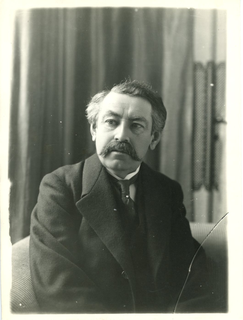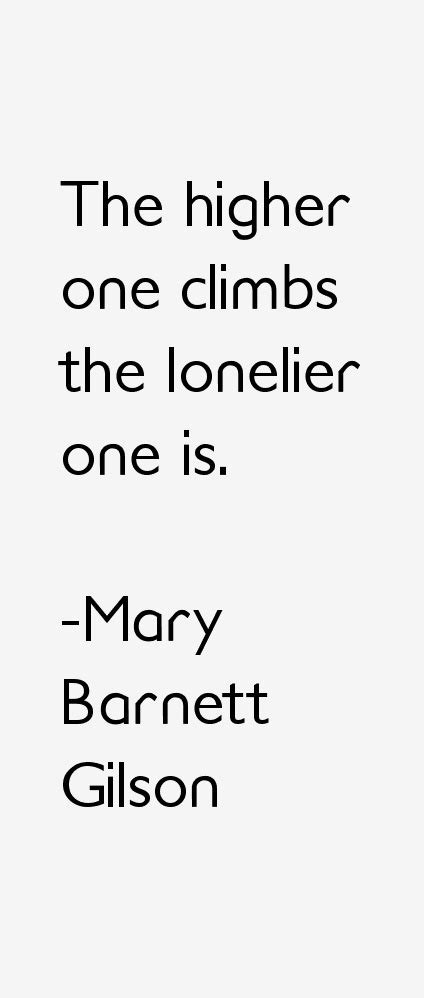A Quote by Hermann von Helmholtz
Not that I wish by any means to deny, that the mental life of individuals and peoples is also in conformity with law, as is the object of philosophical, philological, historical, moral, and social sciences to establish.
Related Quotes
It seems perfectly clear that Economy, if it is to be a science at all, must be a mathematical science. There exists much prejudice against attempts to introduce the methods and language of mathematics into any branch of the moral sciences. Most persons appear to hold that the physical sciences form the proper sphere of mathematical method, and that the moral sciences demand some other method-I know not what.
No longer enslaved or made dependent by force of law, the great majority are so by force of property; they are still chained to a place, to an occupation, and to conformity with the will of an employer, and debarred by the accident of birth to both the enjoyments, and from the mental and moral advantages, which others inherit without exertion and independently of desert. That this is an evil equal to almost any of those against which mankind have hitherto struggles, the poor are not wrong in believing.
Cleverly assorted scraps of spurious science are inculcated upon the children to prove necessity of law; obedience to the law is made a religion; moral goodness and the law of the masters are fused into one and the same divinity. The historical hero of the schoolroom is the man who obeys the law, and defends it against rebels.
An important advance in the life of a people is the transformation of the religion of fear into the moral religion. But one must avoid the prejudice that regards the religions of primitive peoples as pure fear religions and those of the civilized races as pure moral religions. All are mixed forms, though the moral element predominates in the higher levels of social life. Common to all these types is the anthropomorphic character of the idea of God.
I don't think one can accurately measure the historical effectiveness of a poem; but one does know, of course, that books influence individuals; and individuals, although they are part of large economic and social processes, influence history. Every mass is after all made up of millions of individuals.
When you say there's too much evil in this world you assume there's good. When you assume there's good, you assume there's such a thing as a moral law on the basis of which to differentiate between good and evil. But if you assume a moral law, you must posit a moral Law Giver, but that's Who you're trying to disprove and not prove. Because if there's no moral Law Giver, there's no moral law. If there's no moral law, there's no good. If there's no good, there's no evil. What is your question?



































